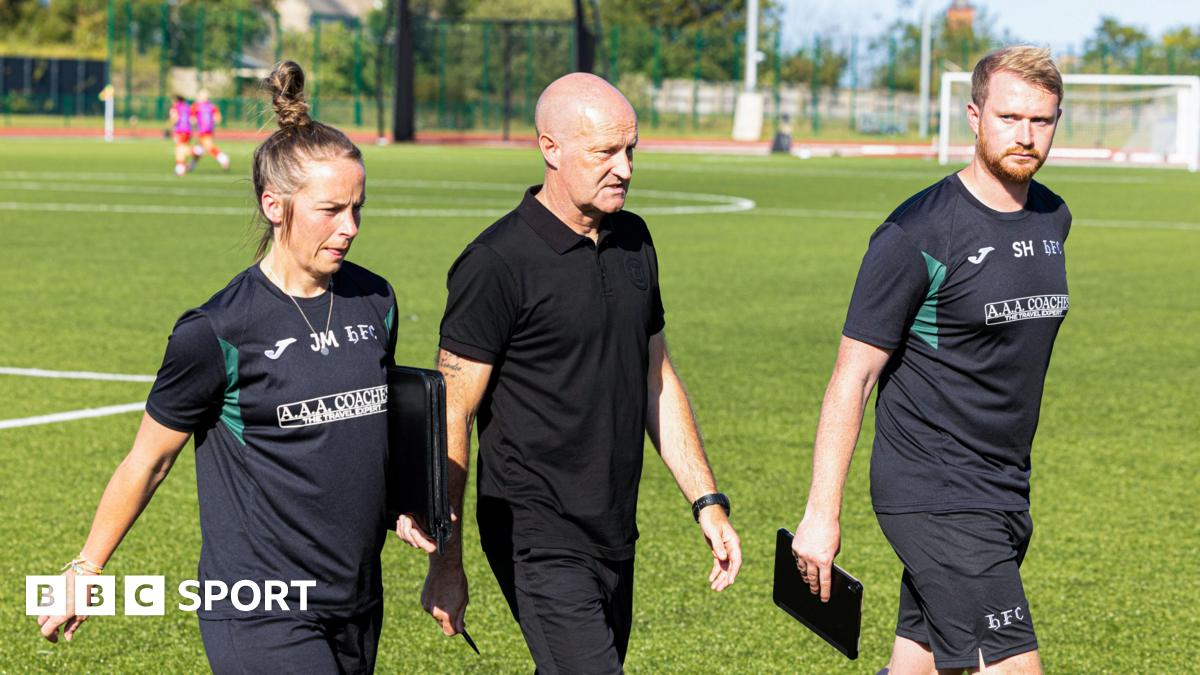When Super Bowl LVIII went to overtime, it marked the first overtime in NFL history when both teams were guaranteed a possession. The 49ers won the toss, elected to receive the overtime kickoff, scored a field goal on their opening possession, and then lost when the Chiefs scored a touchdown on the subsequent possession. Much of the discussion after the game was about whether the 49ers made the right decision.
When Sunday’s Giants-Cowboys game went to overtime, it marked the second overtime in NFL history when both teams were guaranteed a possession. The Giants won the toss, elected to kick off in overtime, and lost at the end of a back-and-forth overtime period that saw the Cowboys kick the game-winning field goal on the fifth possession of overtime.
Surprisingly, that hasn’t generated any discussion at all. Giants head coach Brian Daboll wasn’t asked about his decision to kick, either immediately after the game or when he talked with reporters on Monday. He should have been. It’s a major strategic decision that NFL coaches have to grapple with.
When the 49ers chose to receive in the Super Bowl, head coach Kyle Shanahan was widely criticized. But Shanahan pointed out that there’s an advantage to receiving, which is that if the game is still tied after two possessions, you get the ball first once the game goes to sudden death.
That didn’t prove to benefit the 49ers at the time, but it did benefit the Cowboys on Sunday: The Cowboys ended up getting one more overtime possession than the Giants, and after neither team scored on its first two possessions, it was the Cowboys’ field goal on the fifth and final possession of overtime that won the game.
There’s still an active debate about whether it’s better to kick or receive in the new overtime format, but the purpose of the format was to make the coin toss less important in determining the winner. So far, that appears to be working. In both games that have gone to overtime under the new format, the team that won the toss lost the game.
.png)
 German (DE)
German (DE)  English (US)
English (US)  Spanish (ES)
Spanish (ES)  French (FR)
French (FR)  Hindi (IN)
Hindi (IN)  Italian (IT)
Italian (IT)  Russian (RU)
Russian (RU) 







Comments